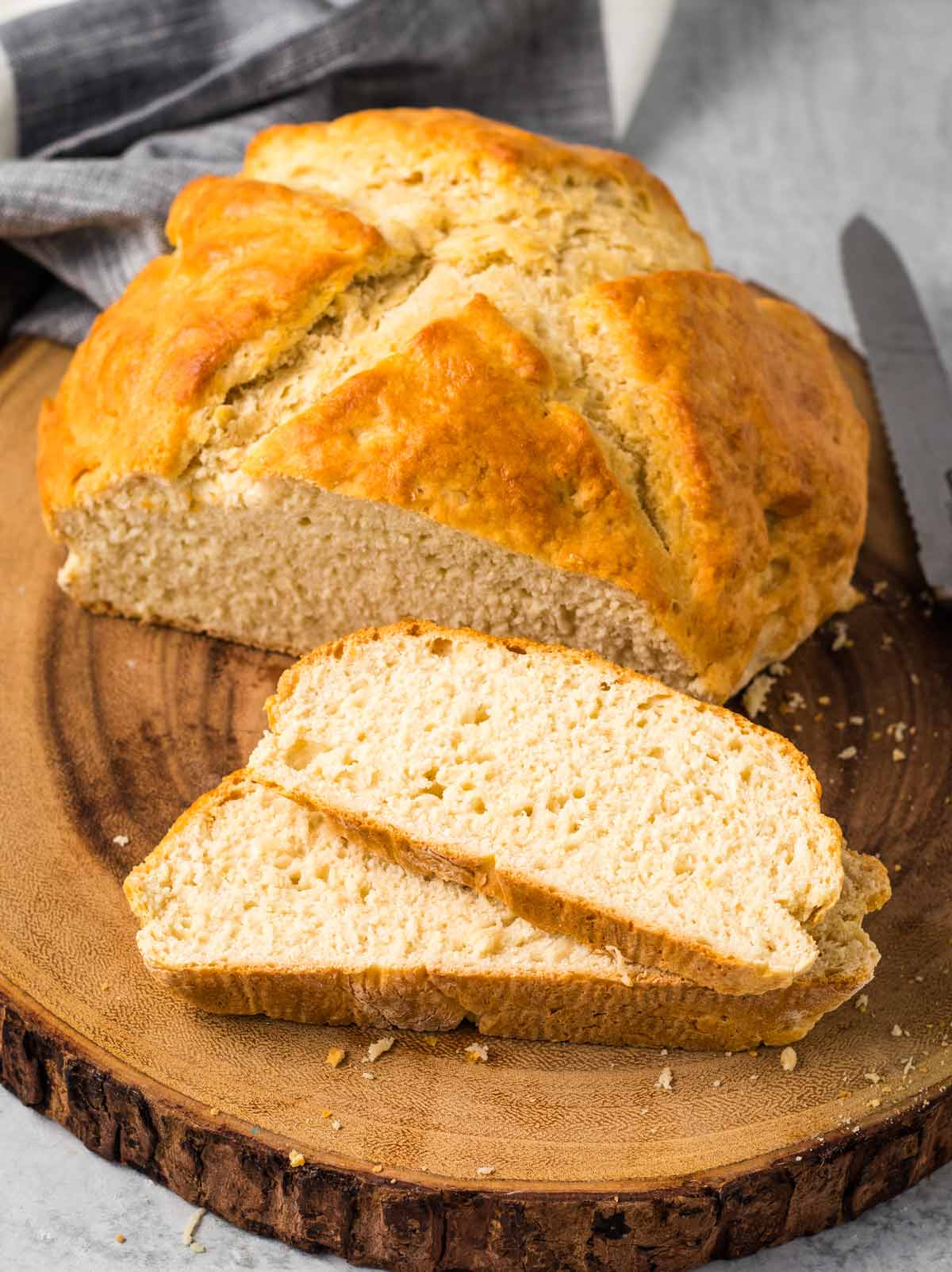Best 5 Effective Ways to Relieve Excessive Burping in 2025

How to Effectively Relieve Excessive Burping for Modern Digestive Health in 2025


Understanding Excessive Burping and Its Causes
Excessive burping, also known as *belching*, is a common digestive issue that many individuals experience. It occurs when air is released from the stomach through the mouth, often accompanied by a distinct sound. To effectively address this condition, it's crucial to first understand the factors that contribute to *excessive gas treatment*. Some common causes include anxiety, excessive intake of carbonated drinks, food intolerances, and poor eating habits. By identifying and understanding these factors, individuals can take proactive steps towards managing their symptoms.
Common Causes of Excessive Burping
One leading cause of excessive belching is swallowing air, often referred to as aerophagia. This can occur during rapid eating, consuming carbonated beverages, or chewing gum. Additionally, certain foods and beverages may contribute to increased gas production, leading to frequent belching. For instance, *carbonated drinks and gas* often exacerbate the symptom. Awareness of these triggers is essential for developing practical *tips for reducing burping*.
Diagnosing Digestive Issues
The path to *digestion health tips* begins with proper diagnosis. If you find yourself frequently experiencing gas and burping symptoms, it may be beneficial to consult a healthcare professional. They can evaluate potential underlying issues such as *food intolerances and burping*, which are often connected to how your body reacts to certain foods. Keeping a detailed food diary that includes measurements of your symptoms after eating may help you pinpoint problematic foods and behaviors.
The Connection Between Stress and Digestion
Surprisingly, *stress management for digestive health* plays a significant role in belching. Emotional stress can lead to changes in eating behaviors and, consequently, gastrointestinal disturbances. Learning effective relaxation techniques, such as deep-breathing exercises or meditation, can help improve dietary habits. Integrating stress management into your daily routine not only aids in digestion but also contributes to overall well-being.
Dietary Changes and Their Impact on Burping
Adjusting your diet is a powerful strategy for relieving excessive burping. What we consume directly influences our digestive health, and implementing thoughtful changes can significantly alleviate symptoms. Embracing a balanced diet can lead to effective remedies for belching while also enhancing low *FODMAP diet* principles, which help in managing food intolerances that contribute to excessive gas.
Foods to Avoid for Excessive Gas
Being mindful of your *dietary choices affecting gas* is crucial in managing excessive belching. Certain foods, such as beans, onions, and broccoli, may promote more gas production.**It's advisable** to limit carbonated beverages and dairy products, particularly if lactose intolerance is suspected. Additionally, **modifying meal compositions** to incorporate cooked over raw vegetables can also reduce symptoms.
Importance of Fiber Intake
The role of fiber in digestion cannot be overemphasized. A healthy intake of dietary fiber supports ease of digestion and helps in *gas relief techniques at home*. Foods high in fiber, such as fruits, vegetables, and whole grains, aid in keeping your gut healthy by proficiently managing gas. However, it's essential to introduce more fiber gradually to avoid sudden bloating or discomfort.
Mindful Eating Practices
Adopting *mindful eating practices* can cultivate a deeper awareness of our eating habits. Eating slowly and paying attention to portion sizes can significantly reduce the amount of air swallowed. The importance of meal timing cannot be overlooked; allocating enough time for meals without distractions can lead to more satisfying and less problematic eating experiences.
Home Remedies and Natural Approaches for Burping Relief
For those seeking immediate comfort from *excessive belching remedies*, various home remedies and natural approaches can provide relief. Often, these remedies can be easily integrated into daily routines, fostering both relief and improved digestive health.
Herbal Remedies for Belching
Herbs such as ginger and peppermint have been traditionally used as *natural gas relief options*. Ginger tea can soothe the stomach and help reduce bloating and belching. Similarly, peppermint oil is known for its ability to relax the muscles of the digestive tract, thus alleviating gas buildup. Incorporating these remedies into your diet can yield significant benefits.
Probiotics for Digestive Health
Incorporating *probiotics for digestive health* is another avenue to explore. Probiotics help maintain a healthy balance of gut bacteria, which can reduce symptoms of *excessive gas treatment*. Fermented foods such as yogurt, kefir, and sauerkraut are excellent sources of probiotics that can support gut health and result in less belching over time.
Relaxation Techniques for Digestion
Recognizing the connection between stress and digestion, utilizing **relaxation techniques for digestion** can diminish the incidence of gas and burping. Keeping stress levels in check can support abdominal comfort, making it easier to enjoy meals without discomfort. Engaging in yoga or simple stretching exercises post-meal can effectively lubricate the digestive process.
When to See a Doctor for Burping
If burping becomes chronic or is accompanied by other troubling symptoms such as weight loss, difficulty swallowing, or severe abdominal pain, the importance of seeing a doctor cannot be overstated. Understanding when to seek professional help for *diagnosing digestive problems* is crucial for overall health. Recognizing symptoms of *digestive distress* may lead to timely intervention and treatment.
Over-the-Counter Options for Gas
Over-the-counter medications can provide temporary relief for those struggling with excessive gas and belching. Products such as simethicone can help break down the bubbles causing discomfort. However, it’s essential to consult a healthcare provider before introducing any medication into your routine to ensure it is safe and appropriate for your situation.
Chronic Burping Solutions
If excessive burping is consistently disruptive, it may be indicative of a larger issue, such as acid reflux or other gastrointestinal disorders. Utilizing comprehensive strategies—including dietary adjustments, mindful eating, and consultation with specialists—can help manage the condition and lead to long-term *chronic burping solutions*.
Exploring Alternative Treatments
For those interested in holistic approaches, exploring alternative treatments can yield positive results. Techniques such as *gut health and excessive gas* therapies may offer promise. Consulting with alternative health professionals, such as naturopaths or nutritionists, can help tailor a personalized digestive health plan best suited to individual needs.
Key Takeaways
- Identifying and mitigating the causes of excessive burping is the first step towards relief.
- Dietary adjustments and mindful eating practices are crucial in managing symptoms.
- Explore herbal remedies like ginger and peppermint, as well as probiotics for digestive support.
- Know when to seek professional assistance for chronic or troubling symptoms.
- Adopt relaxation techniques to reduce stress and improve digestion.
FAQ
1. What are the common causes of excessive belching?
Excessive belching can be caused by a variety of factors including swallowing air, consumption of carbonated beverages, and specific food intolerances. Additionally, conditions like acid reflux or gastrointestinal issues may contribute to frequent burping. Maintaining awareness of your eating habits and identifying *food triggers for belching* can help alleviate symptoms.
2. How can modifying my diet help reduce burping?
Modifying your diet can significantly impact how often you experience burping. Foods that are high in fiber, and those that are gentler on the stomach, can support better digestion. Procticing mindful eating and limiting gas-producing foods are effective strategies to reduce excessive belching.
3. What home remedies can I try for frequent burping?
Several home remedies can be effective in reducing burping, such as drinking ginger tea or using peppermint oil. Both herbs offer soothing properties that can relieve gas and discomfort in the digestive tract. Adjusting your eating habits by avoiding rapid consumption of food can also help mitigate excessive gas.
4. When should I see a doctor about my burping?
If excessive burping occurs frequently with other symptoms—like pain, weight loss, or difficulty swallowing—it’s important to consult with a doctor. They can help identify any underlying digestive health issues and suggest appropriate treatments to relieve your discomfort.
5. How do stress and mental health impact digestion?
Stress can greatly affect digestion, leading to symptoms like excessive burping. When under stress, individuals may eat more quickly or consume foods that trigger gas. Learning stress management techniques can improve digestion and reduce symptoms significantly.
6. Are probiotics effective for managing excessive burping?
Yes, probiotics can play a significant role in managing excessive burping. By promoting a healthy balance of gut bacteria, they help reduce digestive issues and the accompanying gas. Including fermented foods like yogurt in your diet is a great way to benefit from probiotics.
7. What lifestyle changes should I consider for better digestive health?
To promote better digestive health, consider adopting lifestyle changes such as increasing hydration, exercising regularly, and practicing mindful eating. Limiting intake of carbonated beverages and foods that you identify as gas-triggering can also provide significant relief from excessive belching.